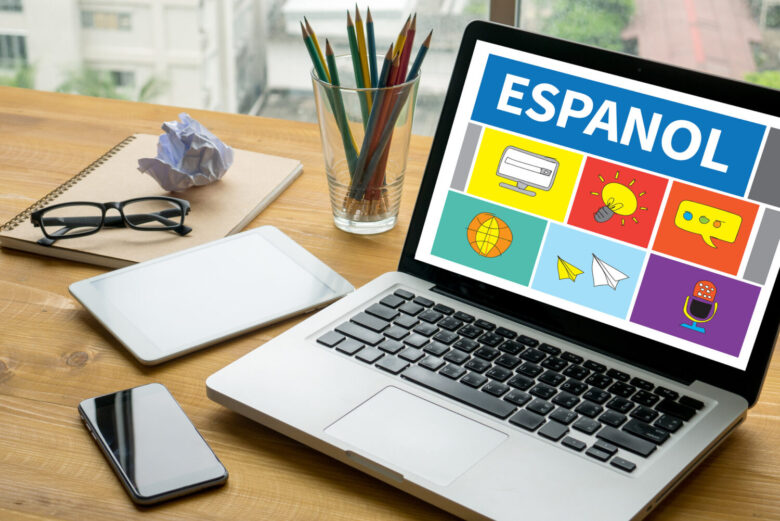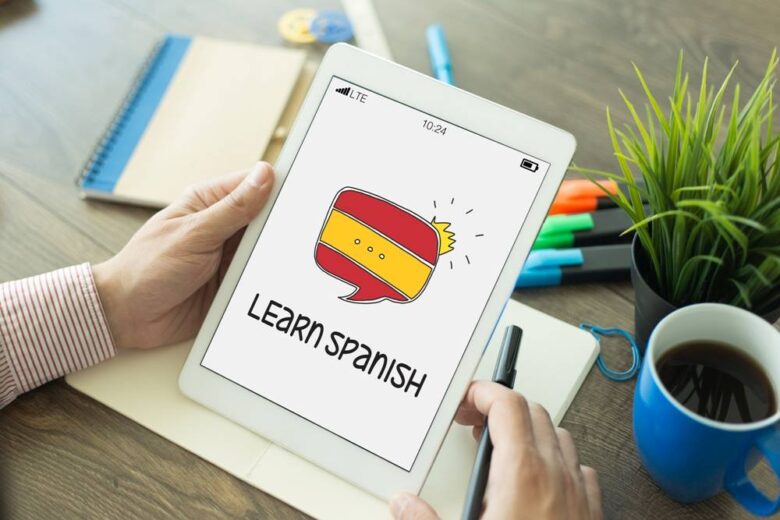7 Great Tips to Learn Spanish for Professional Gamer

Everyone who begins to learn Spanish wonders whether it is possible to quickly and effectively learn a foreign language and what is the most effective method of existing. There are many different methods and curricula, each with pros and cons. Still, whether you decide to learn a language on your own or with a Spanish tutor, in a group or individually, in a language course in Barcelona or at home, there are a few essential rules that will help you quickly learn Spanish and gain a solid and thorough knowledge with Preply.
1. Exercise Regularly
Spend at least a few minutes a day learning Spanish. It is essential to accustom yourself to study regularly because discipline is the only factor that can resist laziness and the desire to do anything, not to learn words and not check grammar. Get yourself interested – think of learning Spanish as something you’re very interested in, not just a necessity. Be passionate about the process! And then, every day, you will want to learn something new. But don’t overload yourself. Even after a day, the brain already forgets what and in what order was studied last time, and if you rarely do it, then half of the lesson time is spent just on repetition! Assimilation of the material in small portions but continuously gives the best result. So remember: the regularity of classes is the key to success!
2. Move from Simple to Complex

There is no need to remember many words at once or understand all tenses of verbs or memorize all prepositions. It is necessary to obtain material little by little and in small volumes. In foreign language classes, as in sports, you should not immediately take the heaviest weight and strive to perform the most challenging exercise. It is necessary to gradually increase the load and take all-new, more difficult levels.
Training takes place in three stages:
– acquaintance, – you will learn new things it is difficult for you to understand and remember immediately;
– assimilation – you repeat, you are already familiar and understandable, but you have not yet remembered;
– memorization, you know and remember perfectly. It is not difficult for you to use.
3. Use a Dictionary, Learn New Words
Spanish Dictionary A dictionary for learners of Spanish is an essential learning tool. You can use both online services that provide the ability to translate words or purchase the usually printed version of the dictionary. It’s good to buy a small format dictionary for 5-10 thousand words, which you can always carry with you and, if necessary, find a word for communication.
Use predominantly monolingual dictionaries, do not try to translate every word into your native language. For beginners, a dictionary with a Spanish translation direction is preferable because in your native language, you know the name of all objects and how to express the idea, so you can use the dictionary to find out the Spanish equivalents of words that may interest you at any time. Thus, constantly replenish your vocabulary. As soon as you feel more confident, be sure to try to explain new, unfamiliar Spanish words with the help of synonyms, phrases, antonyms, and whole phrases – this way, comments will be easier to remember and consolidate in memory.
4. Remember Words in Context

Never memorize words individually, alphabetically, or in random order! Comments are best remembered in context, as they are used in speech. For example, you can memorize words in a phrase with an adjective or a verb. For each new word, come up with three options in the comments or make a few simple sentences. Then this word will be better absorbed and not forgotten. In addition, remembering words in context helps to learn other words and learn derivatives of these words and other forms: for example, pintado – Pintar – pintarse – el pintor – pintoresco – la pintura, etc.
5. Master the Grammar
No matter how difficult and uninteresting it may be at first glance, it is impossible to freely build correct phrases and sentences in a foreign language without knowledge of grammar. You can try to remember terms by heart without understanding, but the older a person becomes, the worse he will remember words intuitively. As children do, he will be placed logically – not based on imitation, but on understanding. Grammar is essential for understanding what you want to say.
6. Combine Techniques in Practice

It is essential to pay attention to various aspects of language acquisition – not only to listen to the text but also to speak, read, write down a summary, and ask questions. There is no universal technique that would suit everyone and everyone. Learning a foreign language is a very individual process. It depends on age, abilities, communication skills in the native language, motivation, diligence, and many other factors. Find an “own” method that you enjoy – for example, watching movies in the original or reading books, additionally use methods such as – skype in Spanish, correspond with someone, etc.
7. Surround Yourself with Spanish
A very effective technique is the immersion technique. It is essential to surround yourself with a foreign language from all sides. You can use the old method – stick around the house cards with the names of objects in a foreign language, posters, and tables of irregular verbs. Let three forms of verbs hang in the bathroom, prepositions and adverbs at the dinner table and a table of articles in the living room. The main thing is to change them to new ones from time to time; otherwise, over time, they will no longer be perceived and will be part of the interior.
Translate contact and Facebook into Spanish, listen to the news and Spanish radio in the background while you’re stuck in traffic, and listen to audiobooks in Spanish. The language level is not allowed? There are plenty of audio and video tutorials for beginners; start simple. Please note that when listening to audio for the first time, you may not make out a word, do not be lazy and turn on audio playback a second time. You will be surprised that you have already sorted something out after listening to it the third time. You will understand most of it; take it yourself and note a few new words from the context.
Originally posted 2022-06-14 13:48:49.